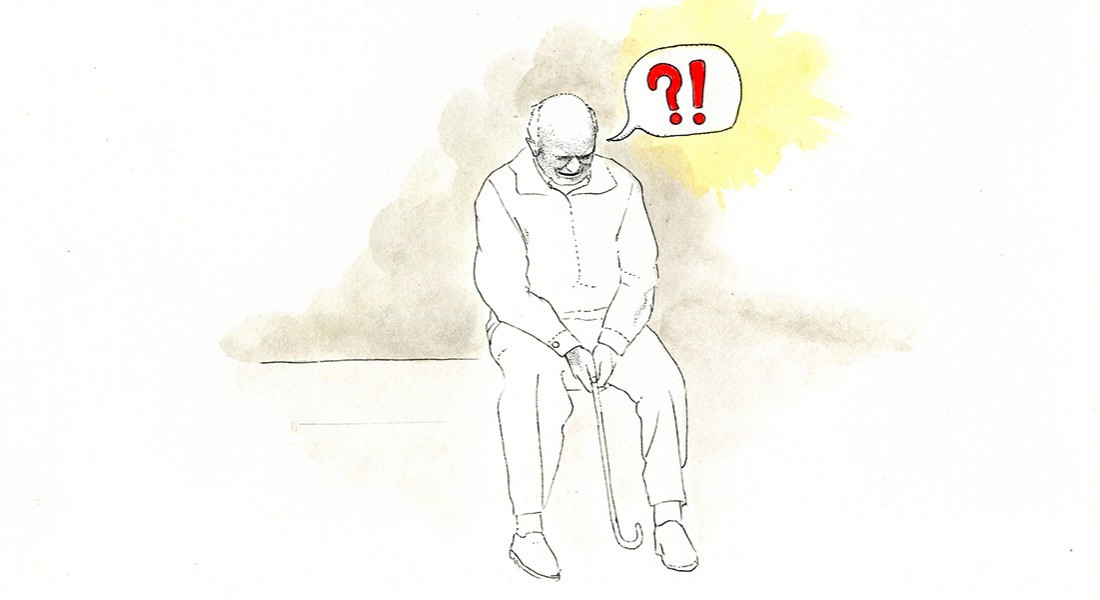On the (silver) alert
New provincial system would share more info about missing elderly and vulnerable people
A new bill has been brought forward that aims to change the Missing Persons Act by providing the public with more information about certain missing people.
“The Silver Alert Act, like the Amber Alert, creates the ability to release an urgent public notification when the criteria for a missing person with a cognitive impairment is (at) risk,” Len Isleifson, MLA for Brandon East, says.
Specifically, the Silver Alert Act would give information about those who are elderly or who have a cognitive impairment, such as Alzheimer’s disease, dementia, autism or Down syndrome.
“The bill provides the police with the legal ability to disseminate personal health information (if) they reasonably believe the information will assist in recovering the individual,” Isleifson says. “The information is limited to the minimum amount necessary to accomplish the purpose.”
Isleifson brought forward Bill 214 and says the Missing Persons Act currently doesn’t deal with those who are vulnerable. The proposed changes include a clause stating that police “may enter into an arrangement or agreement with one or more broadcasters” to send out an alert. This form of alert was created to ensure that individuals’ vulnerabilities are taken into account when notifying the public that they’ve gone missing.
“If all community residents can be aware and watchful for people who have become lost or disoriented and offer help, it should enable a person with dementia to be safely returned to their home (and) family as soon as possible,” Norma J. Kirkby, program director for the Alzheimer Society of Manitoba, says.
Kirkby says people with dementia may experience disorientation about time and place, potentially making them unable to identify where they are, even if they are somewhere familiar.
“People with dementia, because they do not understand the risk they are at, will, instead of seeking help, continue in one direction, sometimes going into treed areas (that are) abandoned or out buildings,” Kirkby says. “Due to fear they may not respond to people who may be calling (or) searching for them.”
She says any action that will help locate someone who has dementia and return them home is imperative.
“The longer a person with dementia is lost, the greater the chance that there will be a poor outcome – potentially death,” she says.
Isleifson says the idea for this act came from an experience he had working in the department of pre-hospital emergency service at Prairie Mountain Health, his job 21 years prior to being elected.
“In winter of 2015, RCMP notified me of a missing person in a rural area of the province in case he arrived at one of our ERs,” Isleifson says. “Unfortunately, he never arrived in an ER and was found deceased elsewhere. This event is fresh in my mind, and I wonder if a public notification would have assisted in (possibly) locating this person sooner.”
Kirkby encourages the public to stay informed about these individual’s vulnerabilities and alert to missing persons who may need their help.
“We hope that the public becomes more aware of the importance of being alert and watchful for people who may appear lost,” Kirkby says. “We also hope that the public will offer assistance when they see someone who seems confused – as their help could save a life.”
Published in Volume 71, Number 24 of The Uniter (March 16, 2017)







